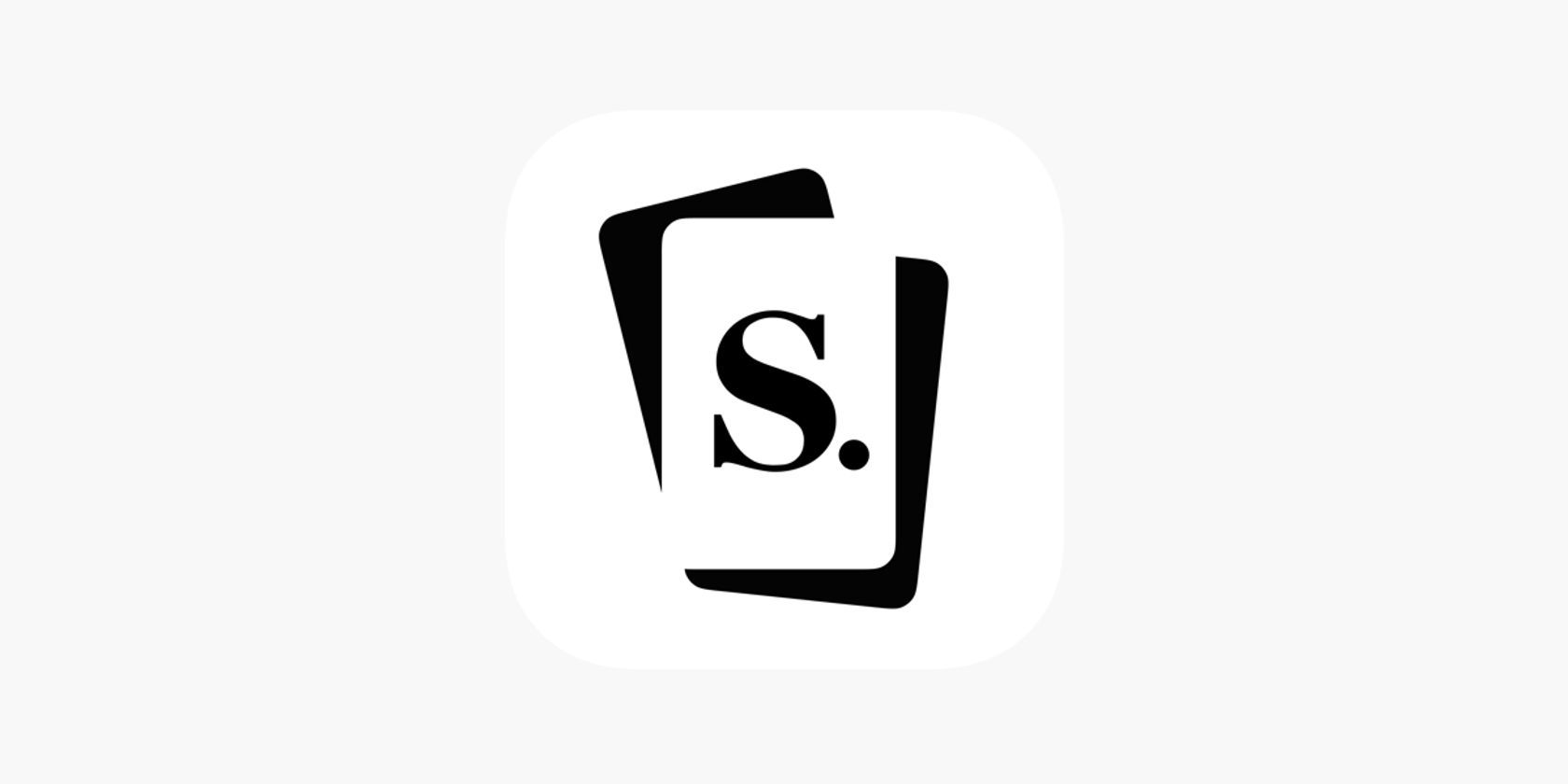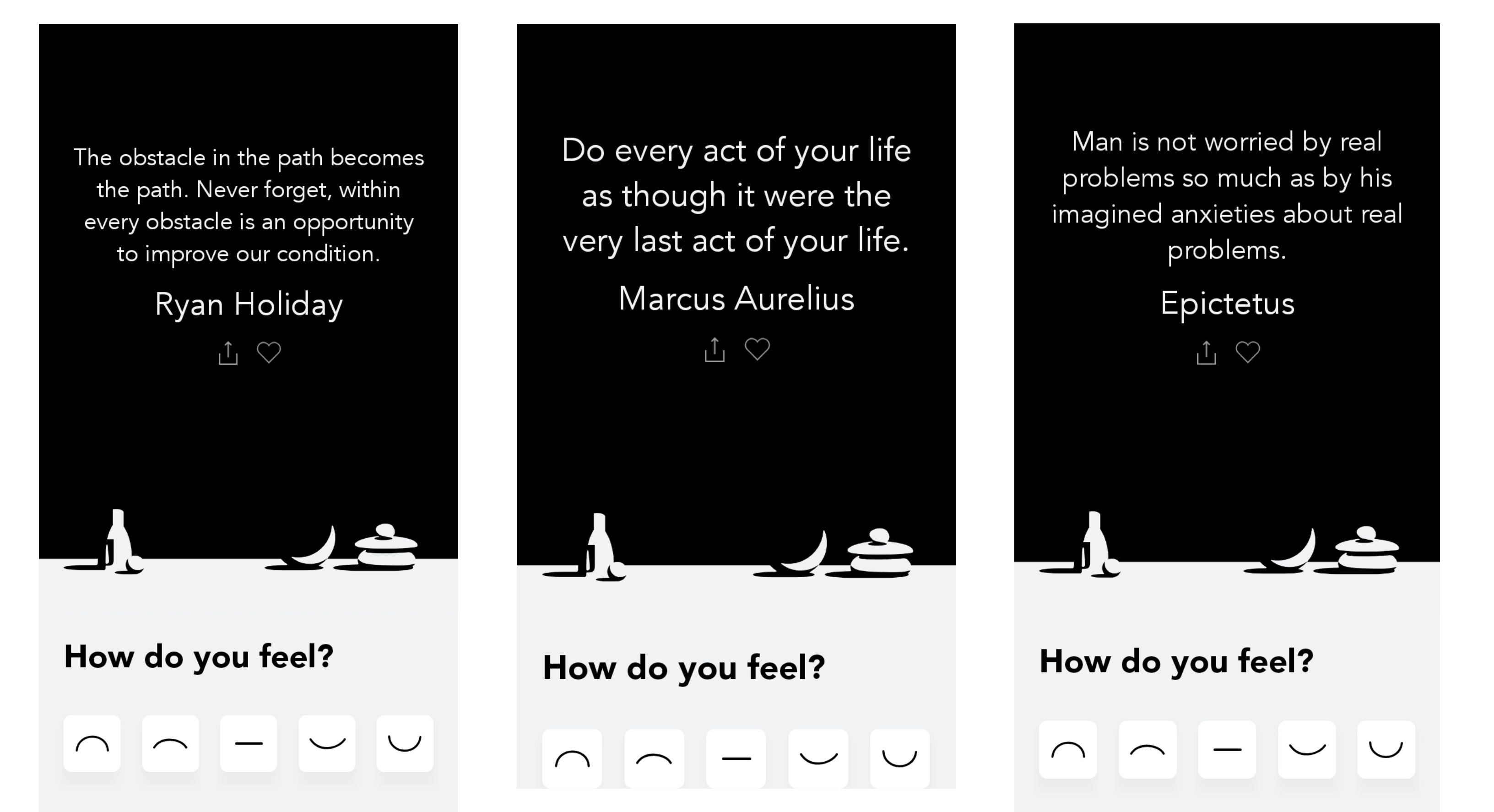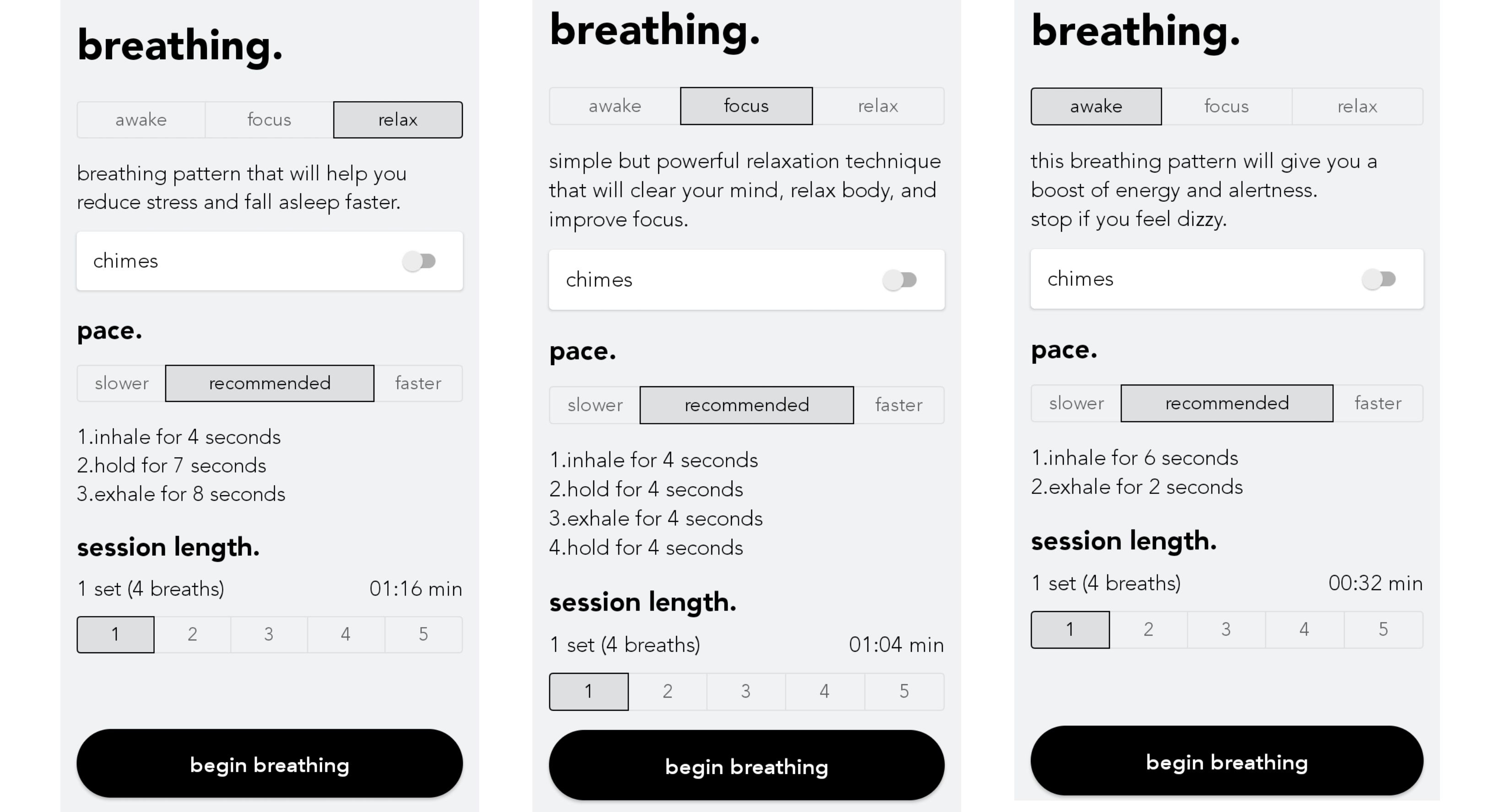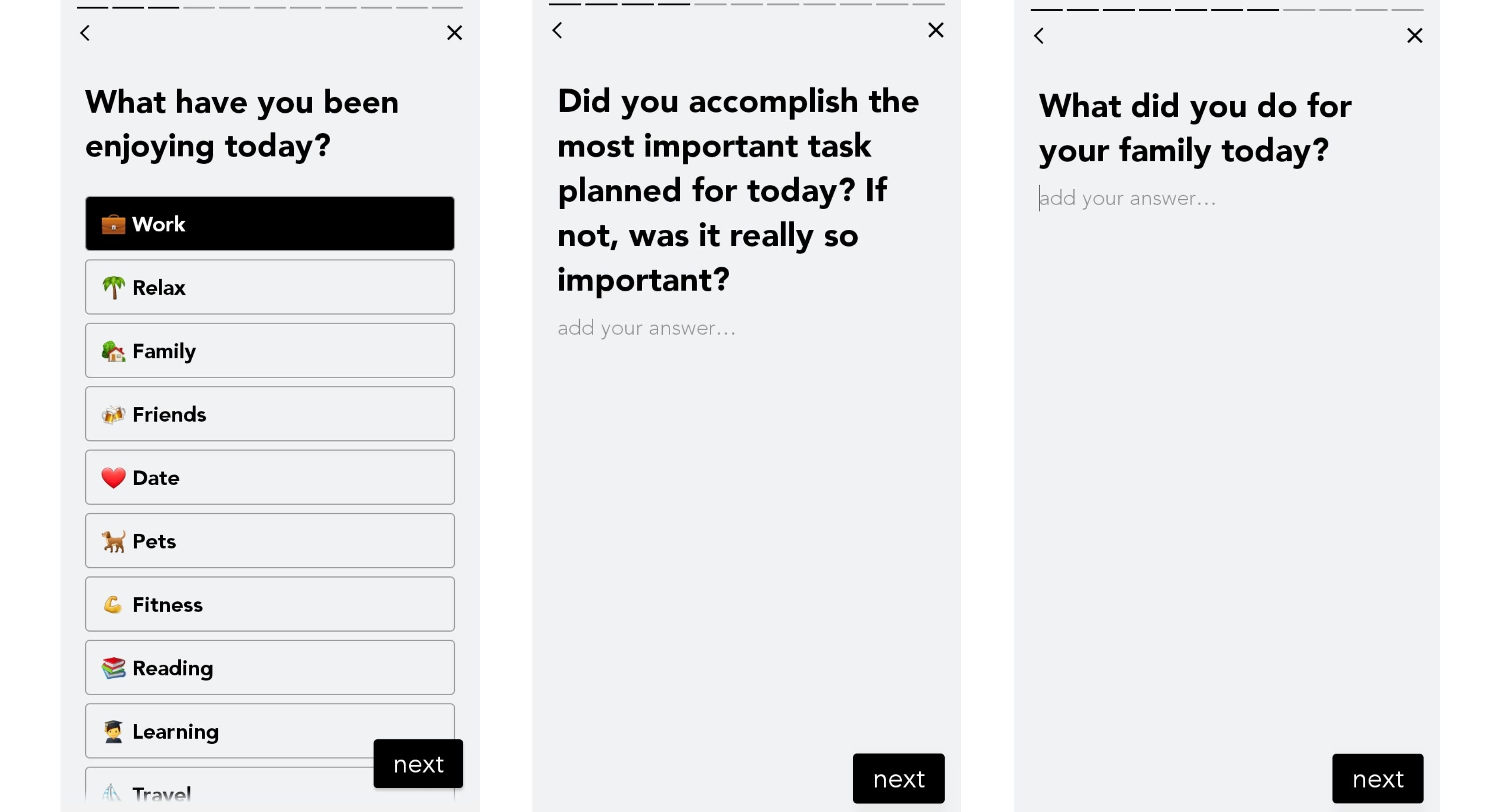Stoic is a mental health tracking app. It helps you keep track of your emotions and reactions to your routine. It uses techniques like journaling, breathing exercises, and meditation to balance your emotions.
The app enables you to contemplate your mood and routine through objective questions. Let's see how it works.
What Is the Stoic App?
The Stoic app has many exercises which contribute to your mental wellness. By journaling, you can record your daily experiences. With this, you can be more reflective about opposing scenarios.
Meditation allows you to be selfless. It makes you less anxious and less worrisome about the world around you. Meditation cures mental illnesses like depression, stress, and it makes you happy.
Breathing exercises calm your nerves and balance your thoughts to make you peaceful. Breathing exercises also have the benefit of controlling your blood pressure which affects your anger.
Performing these every day helps you in being more happy, peaceful, and productive. The Stoic app also has a section of quotes on different philosophies like Stoicism, Taoism, Buddism, etc.
How Does Stoic App Work?
The app's home screen shows several philosophical quotes. You can also answer a generic question like: "How do you feel today?" with good, happy, or neutral.
The Stoic app divides your day into two halves; morning and evening. The app will ask you many questions about your day when you open it in the morning.
For instance, you might be asked, "What is the main thing you'll struggle with today?" The answer might be anger, stress, or lots of work. You can use this to prepare yourself for the day.
After the questioning session, it lists out some exercises that might calm you or make you peaceful. These exercises are:
1. Journaling
Journaling is like talking to yourself. The platform is pretty simple; you click on the icon and start typing. You can engage with your thoughts and get a clear view of your perspective for the day. Typing can help you be productive, express gratitude, and plan future events. It works like a diary.
2. Focus Breathing
A relaxation technique that relaxes your mind and body while improving focus. The exercise has five sessions. Each section is like inhaling for 4 seconds, holding for 4 seconds, exhaling for 4 seconds. You can alter the pace of the sessions. A square will appear on the screen, which expands and contracts according to the timer.
3. Deep and Awake Breathing
Focus breathing is similar, but the length of the breath varies. During deep breathing, you inhale for 4 seconds, hold for 7, and exhale for 8 seconds.
Awake breathing does not require holding; you inhale for 6 seconds and exhale for 2. You can change the pace of each exercise by selecting the slower, recommended, and faster options.
4. Meditation
You can sit (or lay down) to meditate for a specific interval of time. The feature also provides background sounds like fireplace, clouds, raindrops, forests, etc. After meditating, you can also type your final thoughts on a notepad. This helps you reflect on your thoughts and whether meditation changed them.
5. Thoughts
You can use this exercise to overcome negative thoughts and emotions. The basis is that your ideas influence your feelings. Your first step will be to write down your thoughts, then select your emotional response.
After that, you will be given a list of situations that might affect your thinking. Then it asks you to challenge your thoughts with an opposing but positive view.
6. Visualization
It asks you to visualize some negative outcomes of your situation. The adverse outcomes can be losing your job, losing your family, losing the ability to walk, talk, or see. Then it asks you to list some things that you are fortunate about. This exercise helps you build resilience and accept change howsoever it comes.
The app also asks you how you feel after each exercise.
The evening session is like the morning session, more or less. The difference is that the questions in the evening session are more reflective. They ask you how your day went, what you enjoyed the most, and things like that.
Is the Stoic App Worth It?
Stoic is a full-featured mental health tracker. The app is available for both Android and iOS. Although this may be helpful for people looking to relax and de-stress, it might not be ideal for those who want to calm down. There are other apps available for that.




